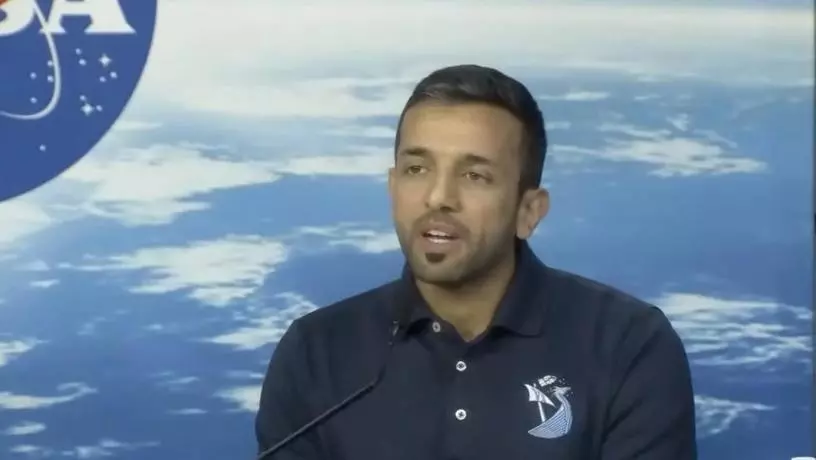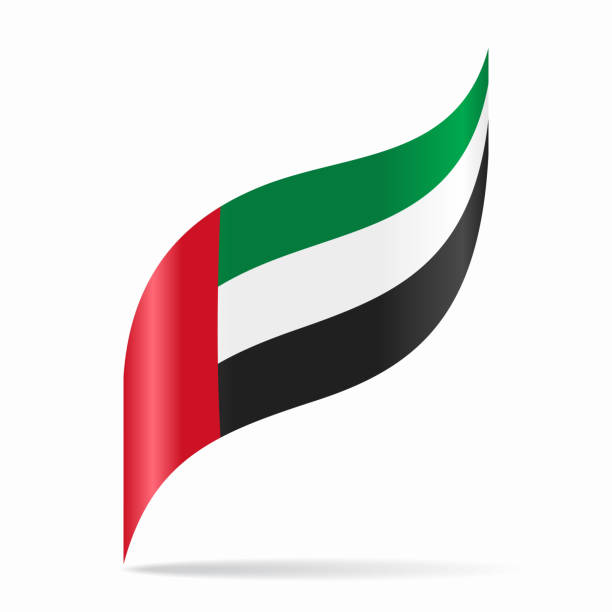
Astronaut from UAE will not fast on ISS
Sultan Al Nayyadi will not observe a religious fast in space.
Sultan Al Neyyadi, an astronaut from the United Arab Emirates, will not observe the Muslim-mandated fast during his space mission because it is not mandatory in his case.
Sultan Al Neyyadi, 41, will go into space on a SpaceX Falcon 9 rocket along with Stephan Bowen, Warren Hoburg of the United States and Andrei Fedyaev of Russia on Feb. 26, 2023.
“I fall under the definition of a traveler who is allowed not to fast. Generally speaking, fasting is optional for anyone who is not feeling well. So if anything threatens our mission or crew members, we are allowed to eat enough food,” the astronaut said.
Sultan Al Neyyadi is the second astronaut from the UAE to work on the International Space Station. But while his predecessor Hazza Al Mansouri spent only eight days in space, Sultan Al Neyyadi will stay on the ISS for six months.
The launch of a Falcon 9 rocket and a Dragon Endeavour spacecraft is scheduled from NASA’s Kennedy Space Center in Florida. The six-month mission will include several scientific experiments and studies.
An Emirati astronaut will make his first flight to Earth orbit and become a flight engineer on NASA’s 69th mission. The UAE will become the 11th country in history to send its citizen on such a long-term space journey.
In December 2022, the United Arab Emirates-built Rashid moon rover embarked on its first space voyage. The launch took place from the Cape Canaveral Cosmodrome in Florida. It is scheduled to reach the surface of the moon in five months and land in April.
In late 2023, the UAE hopes to launch MBZ-Sat, the region’s most powerful aerial imaging satellite. The 800-kilogram satellite, named after the country’s president, Sheikh Mohammed bin Zayed, will go into orbit aboard a Falcon 9 rocket.
In the summer of 2022, the President of the United Arab Emirates, His Highness Sheikh Mohammed bin Zayed Al Nahyan announced the creation of a fund to support the development of the space industry, with a capital of 3 billion dirhams (about US$ 817 million). The fund will support new pioneering programs and scientific research in the field of space exploration.


